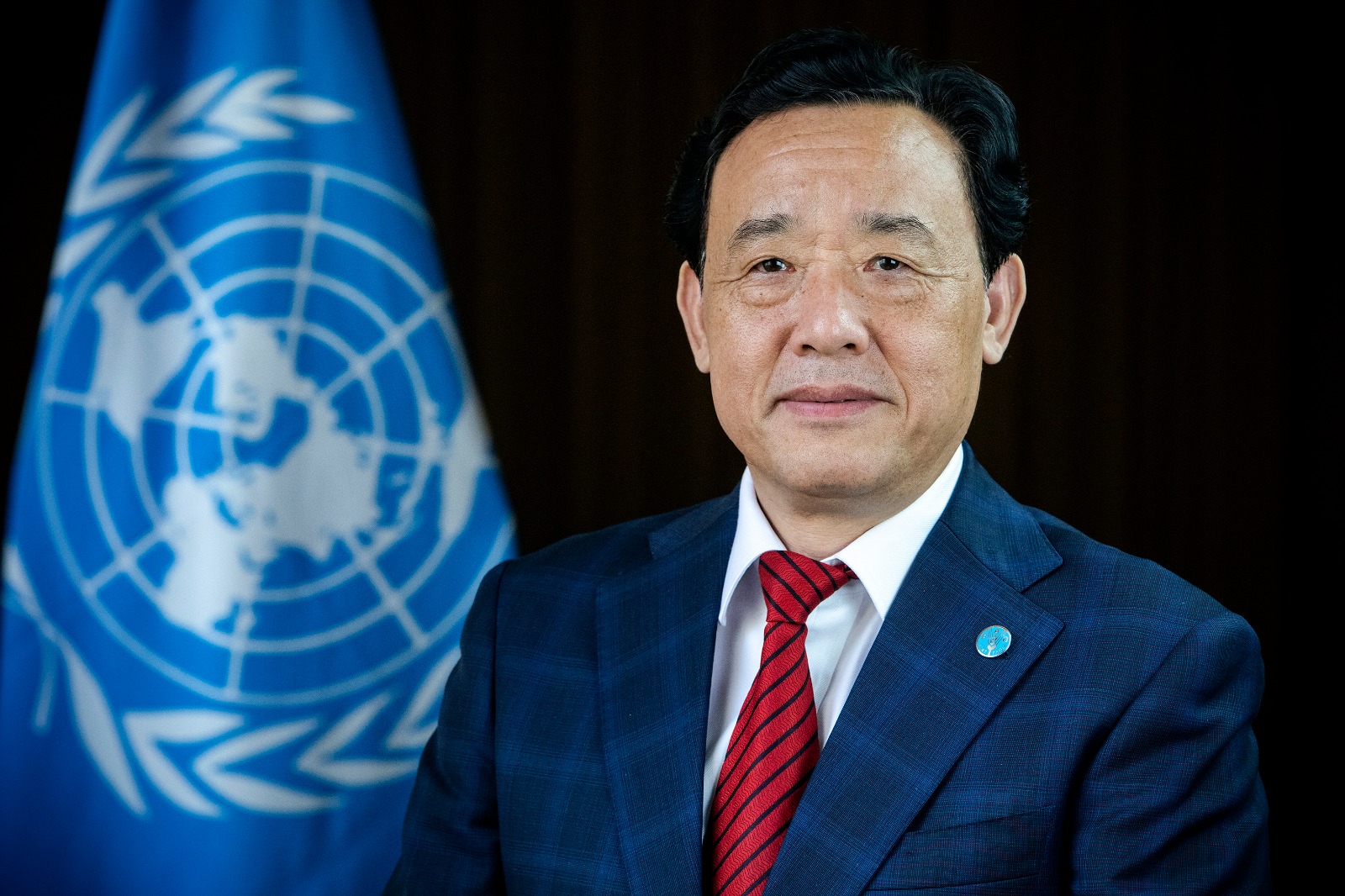Nigeria, like Uganda, takes steps to promote local industry, bans furniture importation
Cane weaving is a Nigerian art that is decades old, but the demand for imported furniture had left many involved in the craft struggling. However, a government ban on furniture imports imposed this year is boosting sales of locally made cane furniture.
Sunny Anegbode is from Edo state, in southern Nigeria, where cane weaving is part of the culture. He followed his older brother in the craft more than two decades ago.
Keep Reading
- > PPDA asks districts to use use alternative procurement processes to avoid returning money to consolidated fund
- > PPDA Encourages Districts to Use Alternative Procurement Methods
- > Unlocking Africa’s potential through agrifood systems transformation and capacity building
- > Mr.Ibu's candle burns out
But Anegbode says he's in Nigeria's capital in the hope of better business opportunities.
"I started this work when I was in secondary school, I was just doing it as a part-time stuff before it became a professional work for me," he said.
Cane is a type of perennial grass with a flexible, woody stalk that can be used for making baskets, chairs and even roofs. Cane weaving artistry dates back decades in Nigeria and all the materials are sourced locally.
But Nigeria's high demand for imported furniture means craftsmen like Anegbode struggle to stay in business.
"Whatever you do, they'll say this is a local product even when you put in your best to meet the Western standard," he said. "... because of our mindset, especially Nigerians, we believe that anything coming from abroad is better than what we have here."
But this year the Nigerian government ordered the restriction of imported products into the country, including furniture.
The government says it wants to improve on local business and boost production.
'Negative overall'
Economst Nonso Obikili says the ban could have a negative impact on Nigeria's economy.
"Even in the healthiest economies, you'll find that there's a balance between the imports of any particular item, including furniture, and those that are locally produced. ... It's the same everywhere. Now in terms of a ban, theoretically a ban stands to be negative overall," Obikili said.
While cane weavers hope the ban turns around their businesses, furniture dealers like Emmanuel Onwe are also taking steps.
After years dealing in imported upholstery, Onwe is trying to introduce cane furniture on the side.
"This is something that can move if our Nigerian government can stop importation, because the ones they import from China don't last," he said.
Nigeria imported more than $163 million in furniture last year.
https://nilepost.co.ug/2019/07/16/finance-ministry-directs-pdda-boss-to-ensure-government-institutions-buy-furniture-from-local-manufacturers/
The decision by the Nigerian government follows a trend in several African countries, including Uganda, where leadership is trying to promote native entrepreneurship. Uganda has adopted the Buy Uganda Build Uganda (BUBU) campaign that both a business and political strategy.
BUBU policy is aimed at “promoting the consumption of locally produced goods and services”.
The policy aims at increasing the consumption of local products through public procurement and encouraging the Private Sector to consume locally originating products thus increasing the participation of the locally established firms in domestic trade.


















